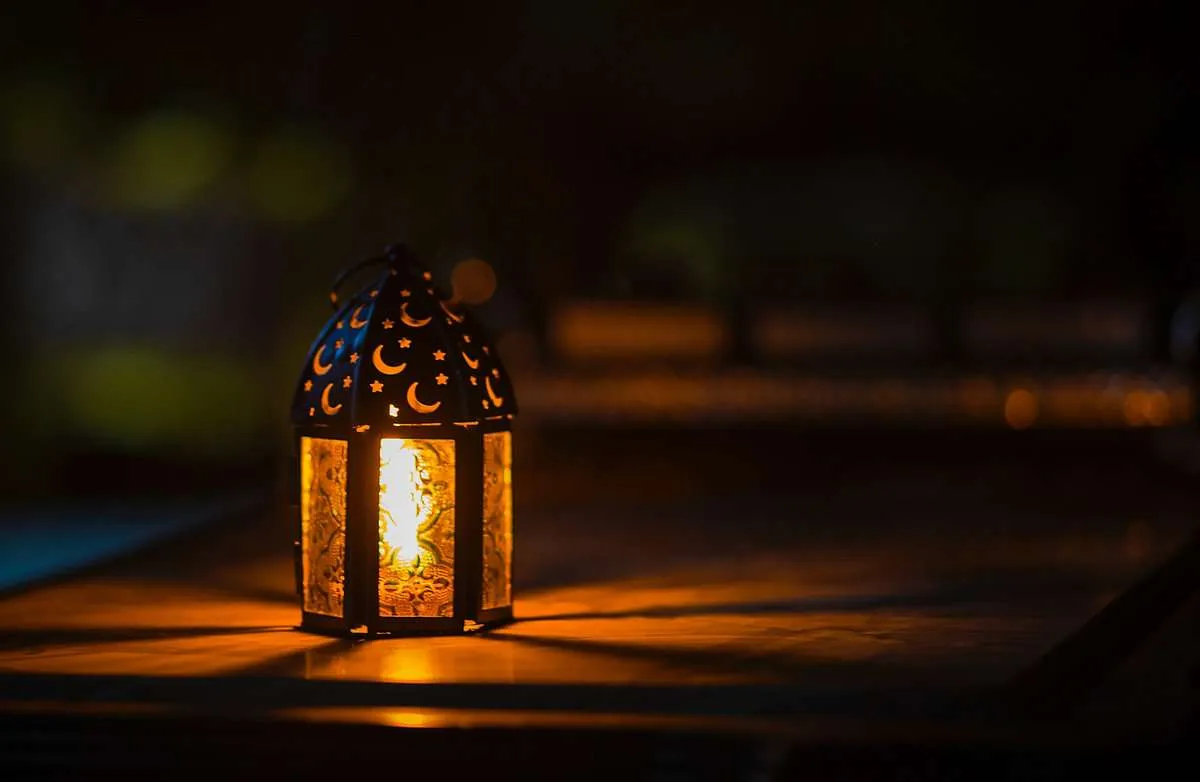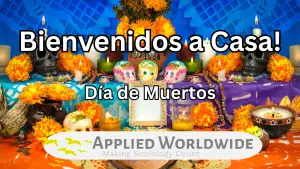There is no day like the day of Eid-l-fitr especially for those who have been fasting consecutively for a month. Eid-l-fitr is a big celebration that usually happens in the first day in the month of Shawwal (the tenth month of the islamic calendar) and this year Eid-l-fitr will fall between 13 or 14 of May 2021.
Sociology of Celebrations
Sociologically, celebrations bring people of the same customs, beliefs and values together. Celebrations are positive modalities of being-together-in-time-and-space, leading to what is called chronotopia sociality, that is, an affective community underpinned by a spatial proximity and temporal synchronicity in sharing together the same festive experience and a common sense of duration.
Ritual celebration is very important to the extent that Durkheim attach supreme importance to it as an element of integrating human being into the society in his book titled The Elementary Forms of Religious Life (1912). Durkheim, a classical sociologist on religion, postulated that rituals and beliefs are two most important components part of religion. He further explained that during rituals, members of the community come to realise the power of their union creating a special mood of collective effervescence.
Consequently, Gluckman (1962) lists the four kinds of ritual; magic action, religious action, substantive or constitutive ritual, and factitive ritual. Eid-l-fitr will definitely fall under religious action because of its strong affinity with Islamic Religion. Rush and Kantola (2016) probably have in their minds celebration like Eid-l-fitr when they opine that celebrations are the salt-n-pepper of social life. It brings a burst of flavor to the otherwise dry and dull routine of ordinary daily life of a community. In short, celebrations make the society worthy of living.
Introduction to Eid-l-fitr
Therefore, Eid-l-fitr is an Arabic word which means the celebration for breaking the fast. It is a ritual festival widely celebrated by the Muslims around the globe. It is a festival that is used to commemorate the end of Ramadan fasting when people eat and drink according to the law of Islam. This celebration involves the procession of all Muslims to an open praying ground where they will pray two obligatory prayers together.
This day is celebrated throughout the whole Muslim world. The festival brings glory and the highest return from God for all the beloved Muslims. Its social teaching and significance are very imaginable and meaningful. It solidifies and strengthens social harmony, humanity and values in society extending and exchanging mutual co-operation, collaboration, simplicity, sympathy and brotherhood among the people (Uddin Ahmed, 2021).
SOCIOLOGICAL SIGNIFICANCE OF EID-L-FITR
Unity in diversification:
The celebration is meant for Muslims around the globe. At the global level, it brings together people of different races, colours, cultures, families and origin. The celebration only need one thing in common which is the islamic religion. Once you are a Muslim, you are entitled to be part of the celebration. Also, one of the sociological significances of the Eid prayer is to bring all the Muslims living in a community together for at least two times in a year; Eid-l-fitr and Eid-l-Adha.
Communal services and celebration:
Communal services are held both outdoors and in mosques. Foods and other edible items are communally shared and eat together. It is a celebration that gives time for families, friends and neighbours to spend quality time together and share food. On this day all people, either poor or rich come under an umbrella of equal enjoyment. It is a big day when all Muslims throughout the world celebrate it with pomp and grandeur.
This play a very vital role in the development of the bonds of community. The rich usually have direct contact with the poor, and the poor are put in contact with the extremely poor. These contacts between the various levels of society helps to build real bonds of kinship and love within the Islamic community and trains those who have, to be generous to those who do not have.
A day of spiritual reflection:
he day grants Muslims the opportunity not only to celebrate but also to introspect and reflect on the degree to which they have brought themselves closer to the true tenets of the religion and how prepared they are to identify themselves with the woe of the disadvantaged and less fortunate members of society. It is not enough to be empathetic of their plight but also to contribute our mite to serving the cause of collective well-being. Through a month of sacrifice and the process of self-purification we came to the stage of giving zakat and fitra as a more than symbolic act of piety (Uddin Ahmed, 2021)
Charity:
Any abled person who has the capacity to give out zakat-l-fitr (charity for breaking the fast) must do so in order for his/her fasting to be accepted. In the narration of the prophet Muhammad (Peace Be Upon Him) he said “The month of fasting will be hanging between earth and heavens and it will not be raised up to the Divine Presence without paying the Zakat al-Fitr.”
As a holiday:
The day is a widely recognised holiday in many countries of the world. People are given national break in order to enjoy the yuletide with family and friends. Each family usually decorates the house and their children in preparation to receive visitors from far and near. Some families also use the leisure time to visit different amusement parks, recreation centres etc.
Final Thought on the Sociology of Eid-l-fitr
Lastly, if sociology is the study of social life, social change, the social causes, consequences of human behavior and sociologists investigate the structure of groups, organizations, and societies and how people interact within these contexts, then one can conclude that Eid-l-fitr is a special day in the islamic sociology. It is one of the two celebrations that are clearly spelt out in Islamic theology. Muslims all over the world accord respect to this yearly custom and practice.







